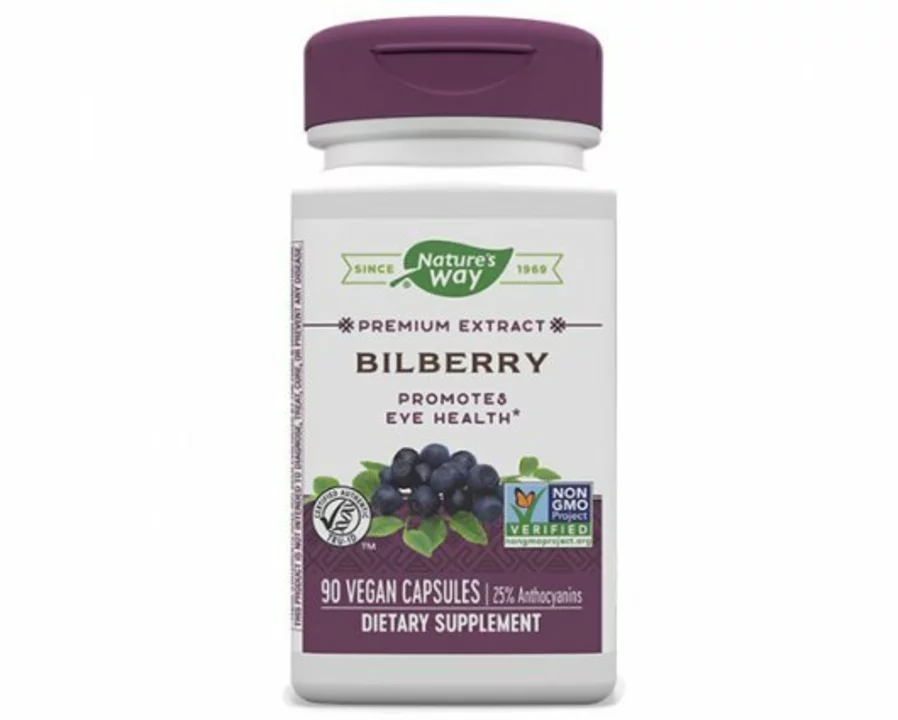Bilberry Supplements – What They Are and Why You Might Want One
If you’ve ever heard that blueberries are good for you, you’ve probably guessed why bilberries get the same hype. Bilberry supplements pack the fruit’s powerful antioxidants into a convenient pill or powder, so you don’t have to eat a bowl of berries every day.
People mainly turn to bilberry for eye health – the plant contains anthocyanins that help protect tiny blood vessels in the retina. But the benefits don’t stop there; those same compounds can support circulation, reduce inflammation, and even give your skin a subtle glow. The real question is whether a supplement actually lives up to the buzz.
What Are Bilberry Supplements?
A bilberry supplement is simply dried bilberry extract turned into capsules, tablets, or powders. Manufacturers usually standardize the product to contain a certain percentage of anthocyanins (often 25‑35%). That way you know you’re getting a consistent dose of the active ingredients.
Most people take them for:
- Vision support: especially night vision and eye strain from screens.
- Blood flow improvement: better circulation in legs and feet can ease varicose veins.
- Anti‑inflammatory effects: helpful for joint discomfort or occasional headaches.
The supplement form is handy because the fruit itself is tart, hard to find fresh outside of Europe, and you’d need a lot to match the extract’s potency.
How to Choose the Right Bilberry Supplement
Not all bilberry pills are created equal. Here’s what to look for before you click “add to cart”:
- Standardized anthocyanin content: Aim for at least 25 % anthocyanins per serving. The label should state the exact amount (e.g., 100 mg of anthocyanins).
- Pure ingredient list: Avoid blends that add fillers, artificial colors, or unnecessary herbs unless you specifically want a combo product.
- Third‑party testing: Certifications from NSF, USP, or another independent lab give confidence the supplement contains what it claims.
- Dosage recommendations: Most studies use 80‑160 mg of anthocyanins daily. If a product suggests two capsules a day with each providing 40 mg, you’re in that sweet spot.
- Reputable brand: Look for companies with good reviews and clear contact info. A transparent return policy is a bonus.
If you’re sensitive to berries or have blood‑thinning medication, talk to your doctor first – bilberry can have mild anticoagulant effects.
When you start a new supplement, give it a couple of weeks before judging the results. Most people notice reduced eye fatigue and clearer night vision after 2–4 weeks of consistent use.
Bottom line: Bilberry supplements are a practical way to tap into the fruit’s antioxidant power without eating a mountain of berries. Choose a product with standardized anthocyanins, keep an eye on dosage, and you’ll likely feel the difference in your eyes and overall circulation.
Improve Your Vision and Immunity with the Power of Bilberry Supplements

May, 27 2023
Health and Wellness
Caspian Lockhart
I recently discovered the amazing benefits of Bilberry supplements for improving vision and boosting immunity. These powerful berries are packed with antioxidants, which help protect our eyes from damage and strengthen our immune system. By incorporating Bilberry supplements into my daily routine, I've experienced noticeable improvements in my overall eye health and a stronger defense against illnesses. I highly recommend giving Bilberry supplements a try if you're looking to enhance your vision and bolster your immune system. Trust me, your body and eyes will thank you!
